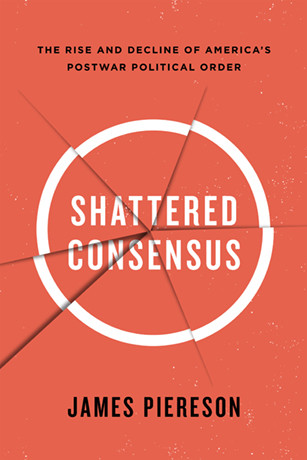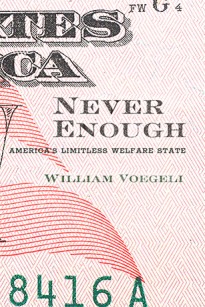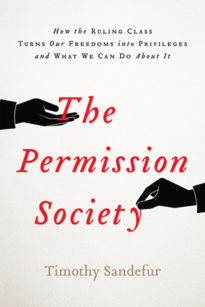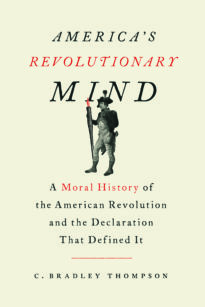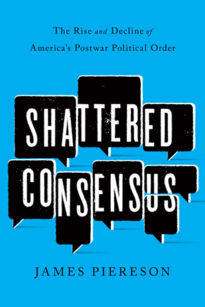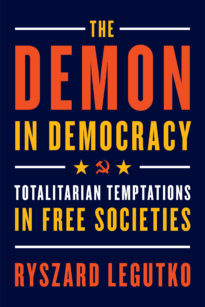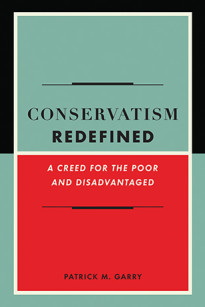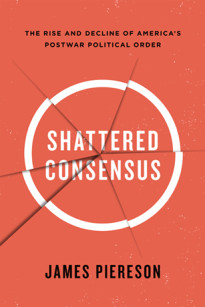The United States has been shaped by three sweeping political revolutions: Jefferson’s “revolution of 1800,” the Civil War, and the New Deal. Each of these upheavals concluded with lasting institutional and cultural adjustments that set the stage for a new phase of political and economic development. Are we on the verge of another upheaval, a “fourth revolution” that will reshape U.S. politics for decades to come? There are signs to suggest that we are.
James Piereson describes the inevitable political turmoil that will overtake the United States in the next decade as a consequence of economic stagnation, the unsustainable growth of government, and the exhaustion of postwar arrangements that formerly underpinned American prosperity and power. The challenges of public debt, the retirement of the “baby boom” generation, and slow economic growth have reached a point where they require profound changes in the role of government in American life. At the same time, the widening gulf between the two political parties and the entrenched power of interest groups will make it difficult to negotiate the changes needed to renew the system.
Shattered Consensus places this impending upheaval in historical context, reminding readers that Americans have faced and overcome similar trials in the past, in relatively brief but intense periods of political conflict. While others claim that the United States is in decline, Piereson argues that Americans will rise to the challenge of forming a new governing coalition that can guide the nation on a path of dynamism and prosperity.
